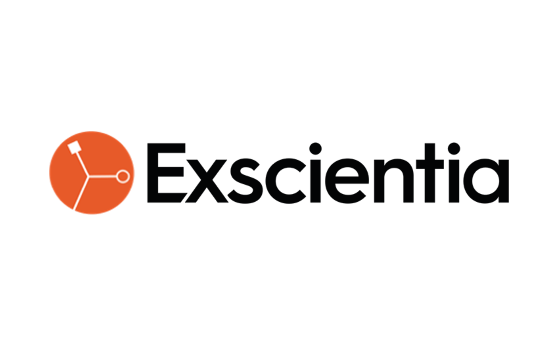 Exscientia has received a grant from the Bill & Melinda Gates Foundation and Gates Philanthropy Partners, as part of the COVID-19 Therapeutics Accelerator. This is to expedite the optimisation of a new class of COVID-19 therapeutics created using its artificial intelligence (AI) drug design platform. Exscientia has demonstrated proof-of-concept by using its AI platform to design a novel class of inhibitors targeting the SARS-CoV-2's main protease enzyme, Mpro, also known as 3CLpro, the causative agent of COVID-19. Mpro is essential for the replication of coronavirus, so administering an Mpro inhibitor to patients as a standalone antiviral or alongside other concurrent treatments could provide a useful frontline therapy.
Exscientia has received a grant from the Bill & Melinda Gates Foundation and Gates Philanthropy Partners, as part of the COVID-19 Therapeutics Accelerator. This is to expedite the optimisation of a new class of COVID-19 therapeutics created using its artificial intelligence (AI) drug design platform. Exscientia has demonstrated proof-of-concept by using its AI platform to design a novel class of inhibitors targeting the SARS-CoV-2's main protease enzyme, Mpro, also known as 3CLpro, the causative agent of COVID-19. Mpro is essential for the replication of coronavirus, so administering an Mpro inhibitor to patients as a standalone antiviral or alongside other concurrent treatments could provide a useful frontline therapy.
Exscientia's AI-based platform will be used to optimise the novel small molecule inhibitors into a therapeutic development candidate, designed to be active against SARS-CoV-2 and other coronaviruses. The project's goal is to identify potential pan-coronavirus therapeutics that could be effective against COVID-19, and also new mutations or other SARS viruses that may emerge.
The new grant provided by the COVID-19 Therapeutics Accelerator - an initiative launched by the Gates Foundation, Wellcome, and Mastercard to speed up the response to the pandemic - comes in addition to recent backing from the Gates Foundation supporting Exscientia’s work in developing treatments for tuberculosis, malaria and non-hormonal contraceptives which began in January 2021. Under the new grant, Exscientia will receive $1.5 million which will be used to advance a development candidate on achieving defined milestones. The virus protease inhibitors will be designed using Exscientia's AI-driven drug discovery platform, which delivers optimised compounds, fulfilling complex design goals faster and more effectively than with conventional drug discovery methods.
Dr. Denise Barrault, Senior Portfolio Manager at Exscientia, commented, "The danger of new emerging strains and mutations of coronavirus means there is an urgent need for new antiviral drugs in this pandemic alongside vaccines, to respond more quickly in potential future coronavirus pandemics. We believe that the world needs innovation to accelerate the discovery of more effective counter-measures for a range of infectious diseases, including COVID-19."
Exscientia has built a track record of improving and accelerating drug discovery by advancing the first three completely AI-designed small molecule drug candidates into clinical trials. In addition to its own proprietary programmes, Exscientia has entered into collaborations with major pharmaceutical companies including Bristol Myers Squibb, Bayer, Sanofi and Dainippon Sumitomo, as well as multiple biotech companies. The company currently has more than 20 partners or wholly owned programmes for diseases involving cancer, immunology, the central nervous system, and genetic mutations.
About Exscientia
Exscientia is an AI-driven pharmatech company committed to discovering and designing the best possible medicines in the fastest and most effective manner. Exscientia is the first company to progress AI-designed small molecules into the clinical setting and repeatedly demonstrate the ability of AI to transform how drugs are created. Exscientia’s AI platform has now designed three drugs that are in Phase 1 human clinical trials.Drug design is precision engineering at the molecular scale. Exscientia has built dedicated AI systems that efficiently learn from the widest range of data and consistently reapply enhanced knowledge through iterations of design. Because Exscientia's AI platform learns more effectively and rapidly than human-led efforts alone, candidate molecules satisfying complex therapeutic requirements are created with revolutionary efficiency. Exscientia believes that designing better drugs, faster, will allow the best ideas of science to rapidly become the best medicines for patients.
Exscientia has offices in Oxford, Miami, Osaka and Dundee. For more information visit us on www.exscientia.ai or follow us on Twitter @exscientiaAI.